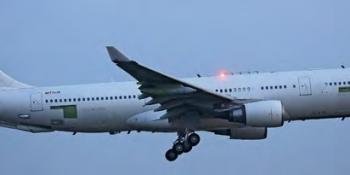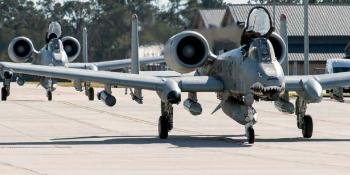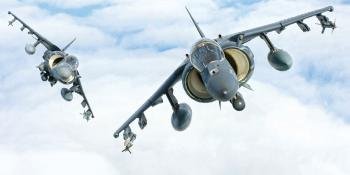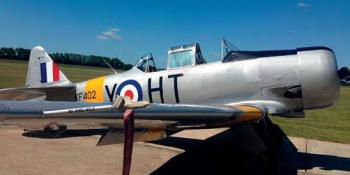NEWS Special
As the Swiss Air Force’s trusted F/A- 18C/D Hornets get older, planners are busy thinking about their replacement, as Peter M Gunti reports.
In a recent discussion, Lockheed Martin’s sales representative for Switzerland was asked about the differences in the nation’s evaluation procedures for new fighters. “It is more or less the same as in other countries,” he replied, “but here, we have to convince the people too.” And he’s right. It is a unique feature of Swiss democracy that every government decision can be overturned by the people. An opposition group needs to collect 50,000 signatures within 100 days to hold a referendum and the whole issue has, by law, to be decided by the majority of the voters. This was last felt painfully in 2014 when a deal to replace part of the obsolescent F-5E/F fleet with Saab Gripens was rejected by a clear majority of voters. The reasons for this typical defence austerity are diverse. This neutral country has not seen a foreign invasion attempt since 1798. Many citizens question the necessity for expensive weapon systems.
Those who voted against the Gripen deal did not, however, eliminate the need for modern air defences. They merely postponed the decisio…





